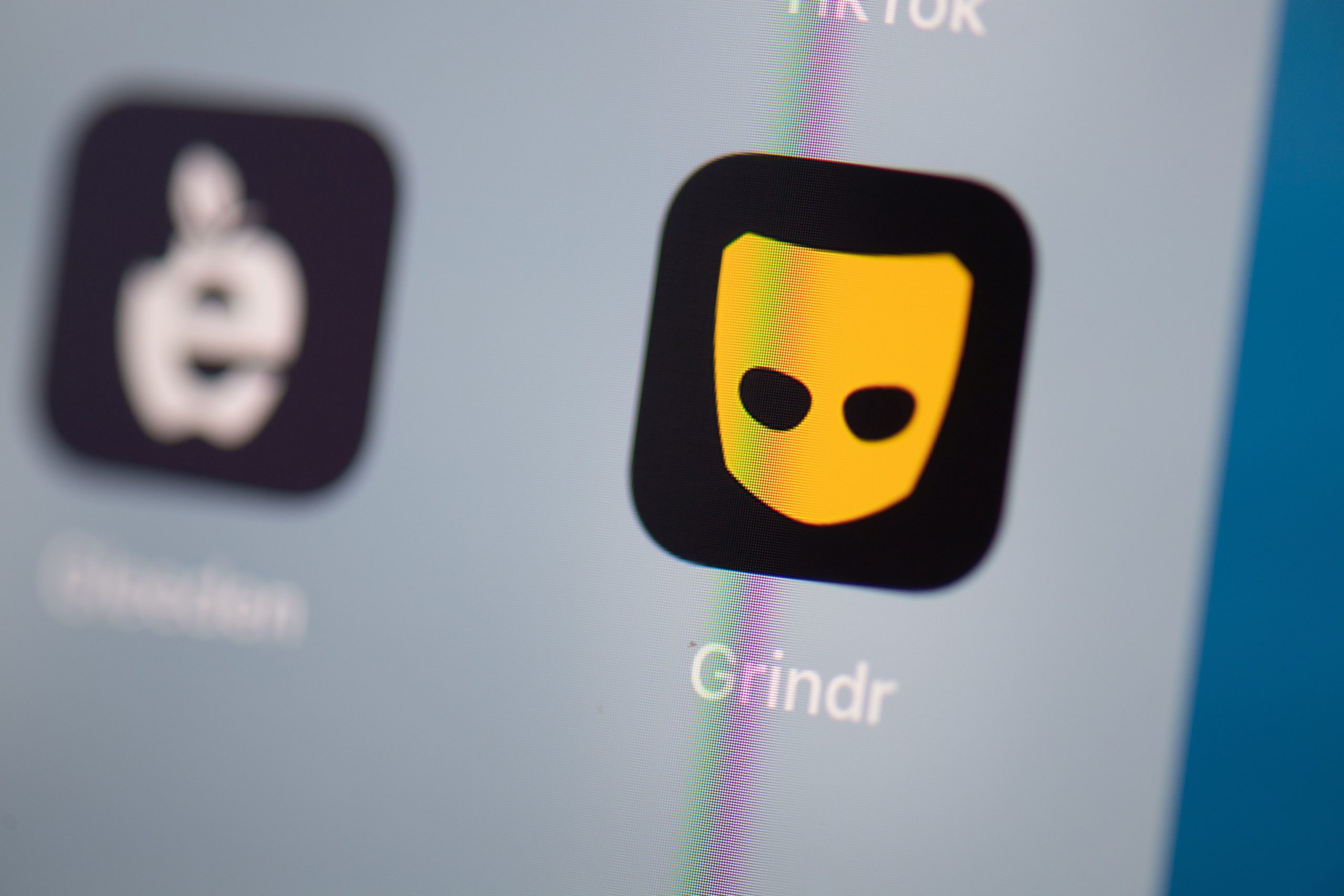Gay men in Ghana are being hunted down through dating apps like Grindr (MARTIN BUREAU/AFP/Getty)
Gay men in Ghana are being targeted on Grindr by catfishing conmen who “steal, abuse and blackmail” them, an African LGBT+ group has warned.
Sex between men is illegal in Ghana and punishable by up three years in prison, so few of these crimes are reported to the police, and even fewer are prosecuted.
Knowing they had no choice but to defend themselves, local activist group LGBT+ Rights Ghana decided to fight back with the Ghana Gay Blackmail List – a social media platform to expose the “notorious persons who steal [from], abuse and blackmail gay men”.
“We are in a country where our lives are clearly in danger as a result of people’s hatred and their disgust towards the community,” Alex Kofi Donkor, the group’s leader, told Reuters.
“A lot of times, we are unable to achieve justice for the crimes that have been committed so the best we can also do is to protect ourselves.”
A link on the Ghana Gay Blackmail List page allows members of the public to report cases, which are investigated within closed LGBT+ social media groups for additional testimonies before publication.
“Once we have posted, there are retweets and so a lot of people are warned as a result and if they are chatting with them, they [stop talking to] them,” said Donkor, who gets three or four reports of robbery, blackmail and abuse each week.
Each day he hears from men like Nana Kwame — a bisexual man who was robbed and threatened at gunpoint, and Benson — a gay man who was beaten and left in the gutter with a broken jaw. Both men said they reported their cases to the police but no arrests were made.
“There is a level of impunity when it comes to the abuse of LGBT+ persons,” Donkor said. “You sense that kind of laid back attitude from the police … there is a certain level of homophobia.”
Grindr has now introduced numerous safety measures to protect users in countries where homosexuality is criminalised, such as blocking screenshots and disguising the app’s icon on their phones.
But Donkor believes more can and should be done. “There should be a mechanism in place to support local organisations to challenge some of the abuses that happen as a result of using the app,” he said.
“It will serve as a warning to others who [plan] to use the app to abuse and blackmail users.”
